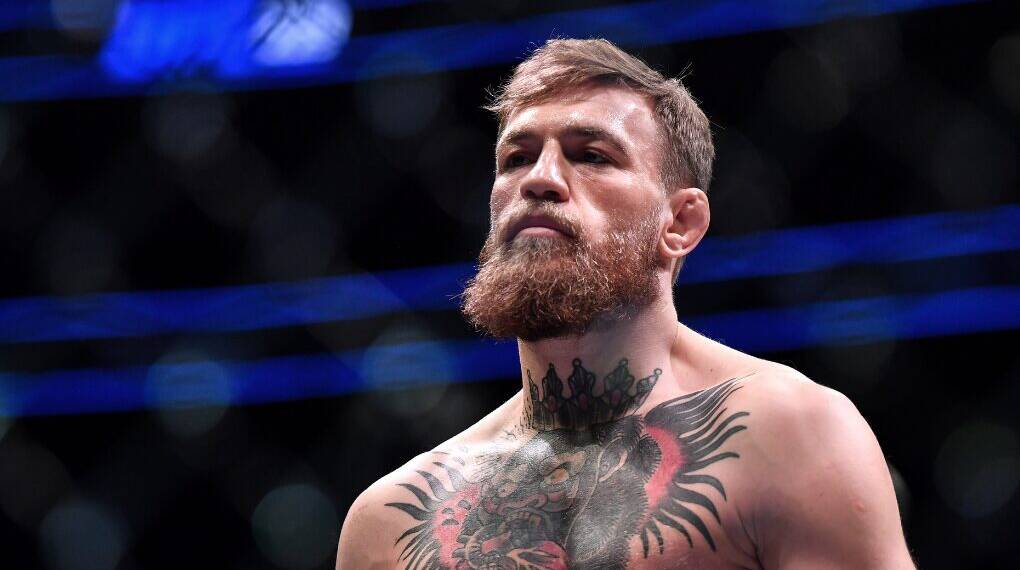Conor McGregor, a former UFC champion, has announced his intention to run for president of Ireland in the 2025 election. Known for his career in mixed martial arts and his global media presence, McGregor’s entry into the political arena has generated significant attention.
His campaign focuses on an anti-immigration platform, but he faces considerable challenges in securing a place on the ballot due to Ireland’s strict nomination requirements and his controversial public image.
Campaign Announcement
McGregor first hinted at his presidential ambitions in September 2024, stating on social media that he was the “only logical choice” to lead Ireland. He formalized his candidacy in March 2025, following a visit to the White House for St. Patrick’s Day, where he met U.S. President Donald Trump. In an Instagram post, McGregor outlined his opposition to the European Union’s Migration Pact, which seeks to standardize asylum processing across member states.
He argued that the pact could undermine Ireland’s cultural identity and proposed a referendum to let the public decide on its implementation. McGregor also expressed a desire to hold Ireland’s political leaders accountable, stating that as president, he could summon or dissolve the Dáil, Ireland’s lower house of parliament, to address public concerns.
Nomination Challenges
To appear on the presidential ballot, candidates must be Irish citizens over 35, a requirement McGregor meets. However, they must also secure nominations from either 20 members of the Oireachtas (Ireland’s parliament) or four of Ireland’s 31 local councils.
Political analysts, including Eoin O’Malley of Dublin City University and Gail McElroy of Trinity College Dublin, have described McGregor’s chances of meeting these criteria as highly unlikely. A survey by Sky News of 134 Irish politicians found no support for his candidacy, with many citing his polarizing views and lack of political experience.
As of August 2025, reports indicate McGregor has not actively pursued nominations from local councils. In response, he launched a petition to reform the nomination process, claiming it limits democratic participation, though he has not provided evidence of significant political support.
The Role of the Presidency
The Irish presidency is primarily a ceremonial position with limited powers. The president signs legislation, appoints judges on government advice, and can refer bills to the Supreme Court for constitutional review.
However, the president cannot veto laws outright, and refusing to sign a bill may lead to it being signed by a Presidential Commission or trigger impeachment proceedings. McGregor’s campaign promises, such as blocking the EU Migration Pact or dissolving the Dáil, exceed the constitutional authority of the office.
Public and Political Reception
McGregor’s campaign has drawn mixed reactions. He has received endorsements from figures like Donald Trump, Elon Musk, and Andrew Tate, but Irish political leaders, including Taoiseach Micheál Martin and Deputy Prime Minister Simon Harris, have distanced themselves from his views, stating they do not represent the Irish public.
A December 2023 poll showed 8% support for McGregor as a candidate, with 89% opposed. His public image is further complicated by a November 2024 civil court ruling in Dublin, which found him liable for assault and awarded over €250,000 in damages to the plaintiff. McGregor, who denies the allegations, is appealing the decision.
Additional accusations of misconduct in other jurisdictions have not resulted in criminal charges but have contributed to his controversial reputation.
Context and Speculation
The 2025 presidential election, scheduled for October 24, will replace incumbent President Michael D. Higgins, who is ineligible for a third term. Other potential candidates include businessman Peter Casey and former Riverdance star Michael Flatley, though nominations remain ongoing.
Some observers, including posts on X, suggest McGregor’s campaign may be a publicity move to maintain relevance or appeal to international audiences, particularly those unfamiliar with Ireland’s electoral system. Critics note that his lack of engagement with the nomination process and his focus on social media suggest a limited commitment to a viable campaign.
Conor McGregor’s bid for the Irish presidency has brought attention to issues like immigration and political accountability, but his path to the ballot remains uncertain.
The stringent nomination process, combined with widespread political opposition and his controversial background, poses significant barriers. As the election approaches, McGregor’s campaign continues to generate discussion, though its impact on Ireland’s political landscape remains to be seen.








